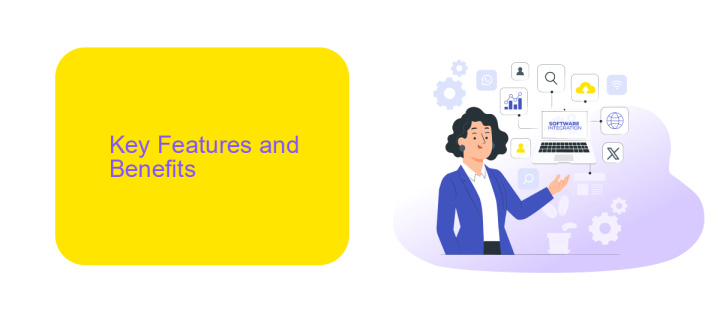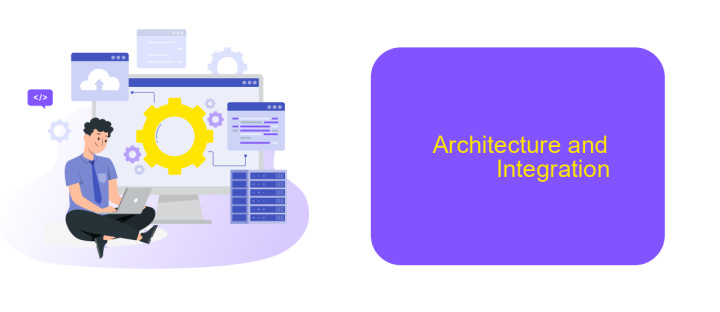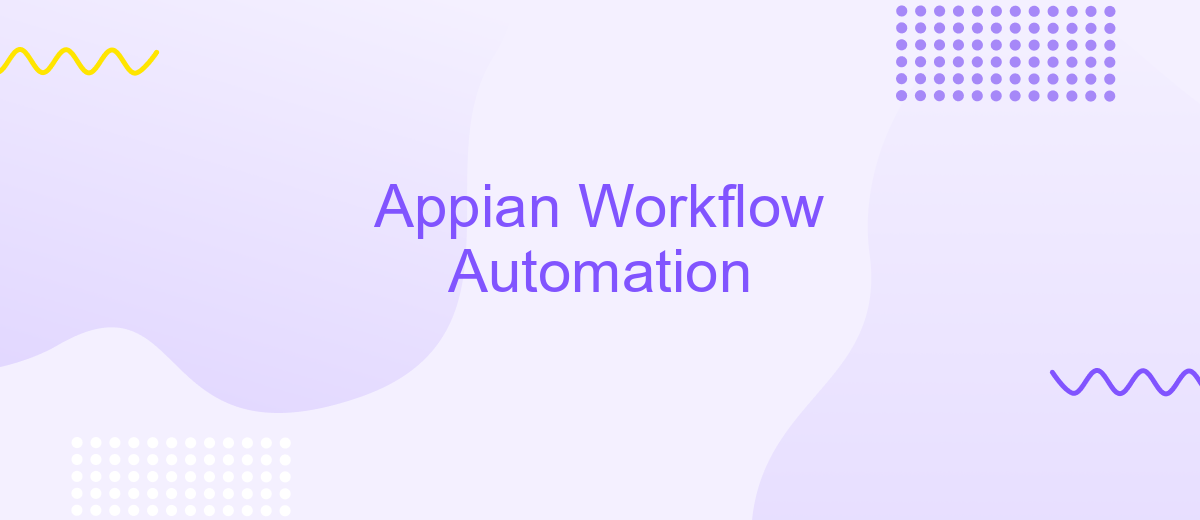Appian Workflow Automation
Appian Workflow Automation is revolutionizing the way businesses operate by streamlining complex processes and enhancing productivity. With its intuitive interface and powerful automation capabilities, Appian enables organizations to design, execute, and optimize workflows effortlessly. This article explores the key features and benefits of Appian Workflow Automation, demonstrating how it can transform your business operations and drive efficiency to new heights.
Introduction
Appian Workflow Automation is a powerful tool designed to streamline and optimize business processes. By leveraging advanced automation capabilities, organizations can achieve greater efficiency, reduce errors, and improve overall productivity. This solution is particularly valuable in environments where repetitive tasks and complex workflows are commonplace.
- Automates repetitive tasks
- Enhances operational efficiency
- Reduces human errors
- Supports complex workflows
- Integrates seamlessly with other systems
One of the key features of Appian Workflow Automation is its ability to integrate with various third-party services. For instance, ApiX-Drive can be used to set up integrations effortlessly, allowing data to flow smoothly between different applications. This not only saves time but also ensures data consistency across platforms. By utilizing such integrations, businesses can further enhance their automation capabilities and drive more value from their existing systems.
Key Features and Benefits

Appian Workflow Automation offers a robust set of features designed to streamline business processes and enhance productivity. With its intuitive drag-and-drop interface, users can easily create complex workflows without the need for extensive coding knowledge. The platform supports real-time collaboration, enabling teams to work together seamlessly, regardless of their geographical location. Additionally, its powerful analytics tools provide valuable insights, helping organizations to identify bottlenecks and optimize their processes for maximum efficiency.
One of the standout benefits of Appian Workflow Automation is its ability to integrate with various third-party applications, including ApiX-Drive. This integration service simplifies the process of connecting Appian with other software solutions, allowing for smooth data transfer and synchronization. By leveraging ApiX-Drive, businesses can automate routine tasks and reduce the risk of human error, leading to more accurate and reliable outcomes. Overall, Appian Workflow Automation empowers organizations to achieve greater operational agility and drive continuous improvement.
Use Cases and Success Stories

Appian Workflow Automation has been instrumental in transforming business processes across various industries. By streamlining workflows and reducing manual intervention, organizations have achieved significant operational efficiencies.
- Financial Services: A leading bank automated its loan approval process, reducing approval times from weeks to hours.
- Healthcare: A hospital network improved patient care coordination by automating appointment scheduling and medical record management.
- Manufacturing: A global manufacturer optimized its supply chain by integrating Appian with ApiX-Drive, enabling seamless data flow between ERP systems and production lines.
- Retail: An e-commerce giant enhanced customer service by automating order processing and returns management.
- Government: A municipal government digitized its permit application process, significantly reducing processing times and improving citizen satisfaction.
These success stories highlight the versatility and impact of Appian Workflow Automation. By leveraging integration tools like ApiX-Drive, businesses can further enhance their automation capabilities, ensuring smooth and efficient operations. The ability to connect disparate systems and automate complex workflows is key to staying competitive in today's fast-paced environment.
Architecture and Integration

Appian Workflow Automation leverages a robust architecture designed to streamline business processes and enhance operational efficiency. The core of this architecture is built on a low-code platform, enabling rapid development and deployment of workflow solutions. This approach ensures that even users with minimal coding experience can create and manage complex workflows with ease.
Integration is a critical component of Appian's architecture, allowing seamless connectivity with various third-party systems and applications. By leveraging integration platforms such as ApiX-Drive, Appian enables businesses to automate data transfers and synchronize information across disparate systems without manual intervention. This ensures that data remains consistent and up-to-date across all integrated platforms.
- Low-code development environment for rapid workflow creation
- Seamless integration with third-party systems via ApiX-Drive
- Automated data synchronization across multiple platforms
- Scalable architecture to support growing business needs
In conclusion, Appian Workflow Automation's architecture and integration capabilities provide a comprehensive solution for businesses looking to optimize their processes. By incorporating tools like ApiX-Drive, organizations can achieve greater efficiency, reduce errors, and maintain data integrity across all systems.
Pricing and Deployment
Appian offers a flexible pricing model for its Workflow Automation platform, designed to cater to businesses of various sizes. The pricing structure is typically subscription-based, allowing organizations to scale their usage as needed. Appian provides a detailed cost breakdown based on the number of users, the complexity of workflows, and additional features such as advanced analytics and AI capabilities. This ensures that companies only pay for what they use, making it a cost-effective solution for automating business processes.
Deployment of Appian Workflow Automation is straightforward and can be customized to meet specific business requirements. The platform supports both cloud-based and on-premises deployment options, providing flexibility for different IT environments. Additionally, Appian integrates seamlessly with existing systems and third-party applications, enhancing its functionality. For businesses looking to streamline integrations, services like ApiX-Drive can be utilized to automate data transfer between Appian and other software, ensuring a smooth and efficient workflow. This makes it easier for organizations to adopt Appian's solutions without disrupting their current operations.


FAQ
What is Appian Workflow Automation?
How can I integrate Appian with other applications?
What are the benefits of using Appian Workflow Automation?
Is it possible to automate complex workflows with Appian?
How can I get started with Appian Workflow Automation?
Strive to take your business to the next level, achieve your goals faster and more efficiently? Apix-Drive is your reliable assistant for these tasks. An online service and application connector will help you automate key business processes and get rid of the routine. You and your employees will free up time for important core tasks. Try Apix-Drive features for free to see the effectiveness of the online connector for yourself.

